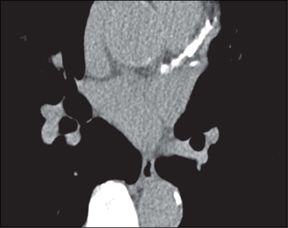Traditional risk factors for heart disease include blood pressure, age, cholesterol levels, smoking and diabetes. And while those criteria can help classify a person into low, intermediate or high-risk categories, theres another key piece of data that has shown to be especially valuable at helping predict an individuals odds of developing heart disease or having a cardiac event. In a study published in the April 27 issue of the Journal of the American Medical Association, researchers found that adding a persons coronary artery calcium (CAC) score to those traditional risk factors led to a significantly better prediction of heart events than the traditional risk factors alone.
To continue reading this article or issue you must be a paid subscriber.
Sign in






